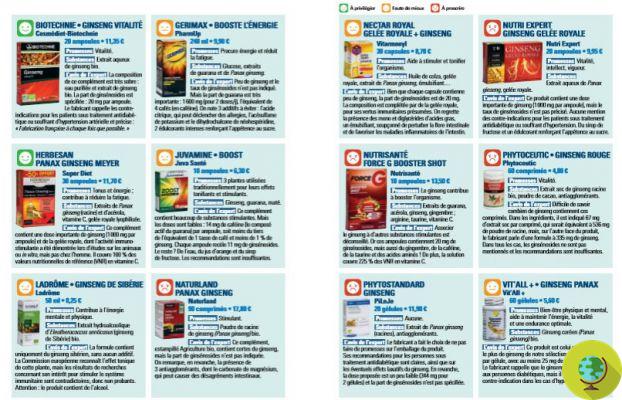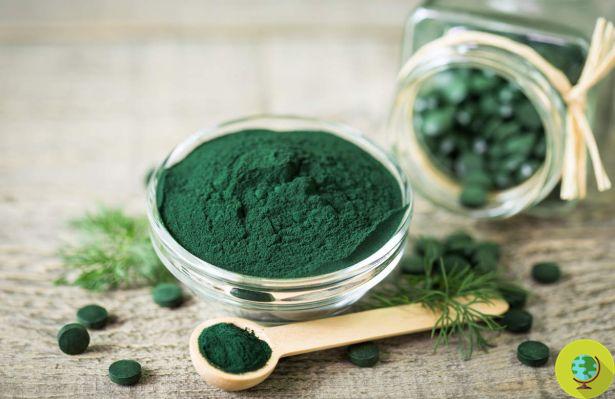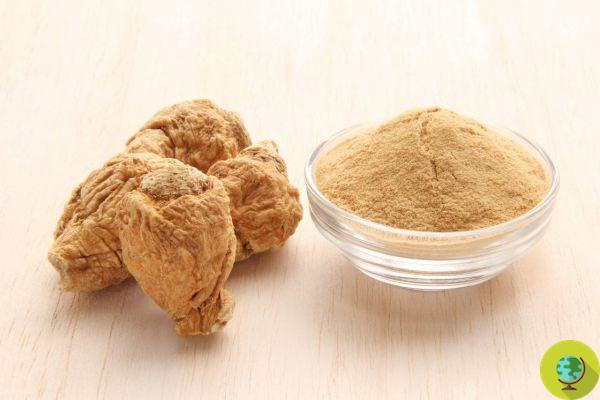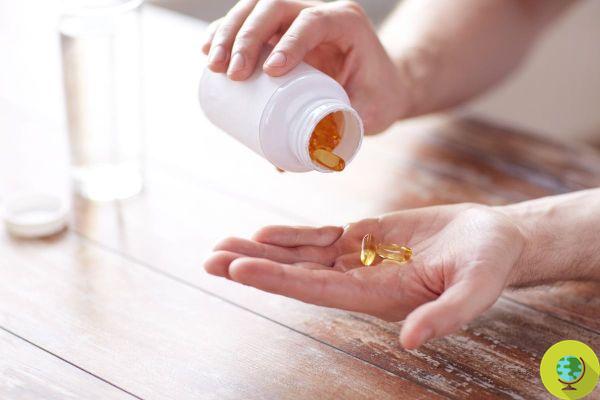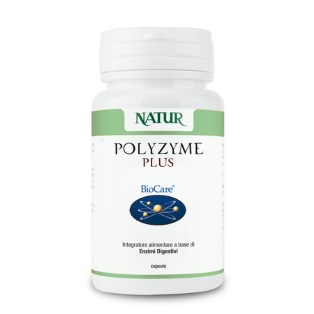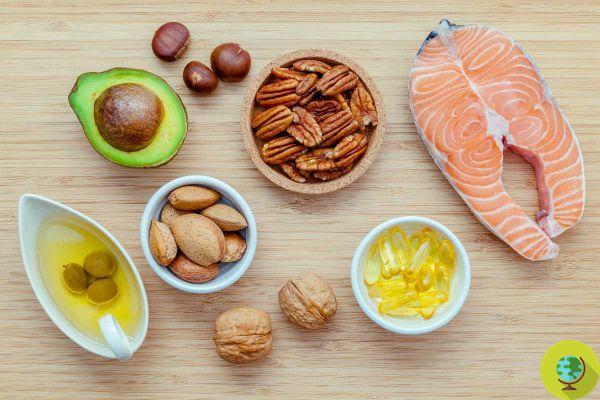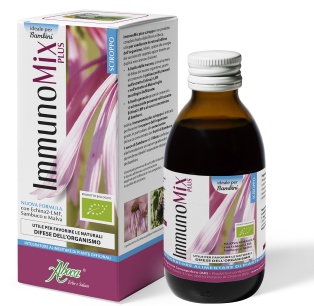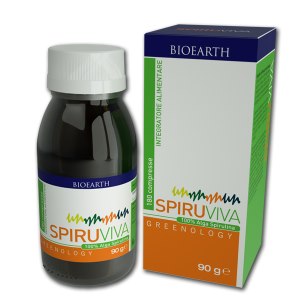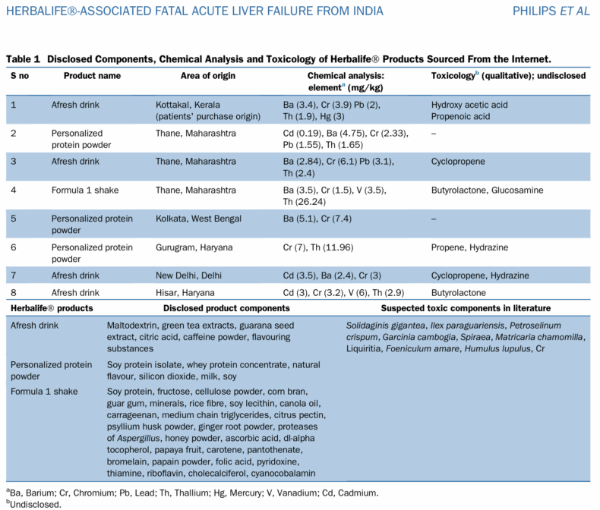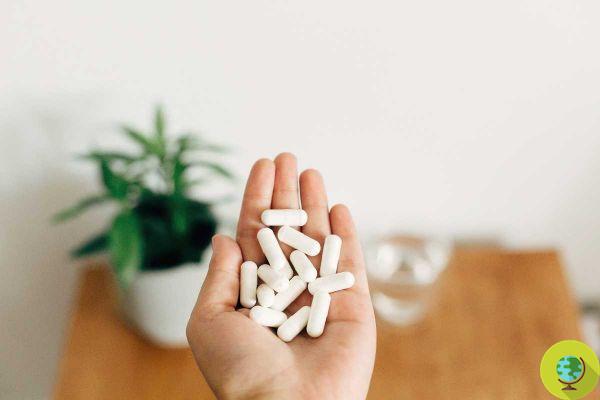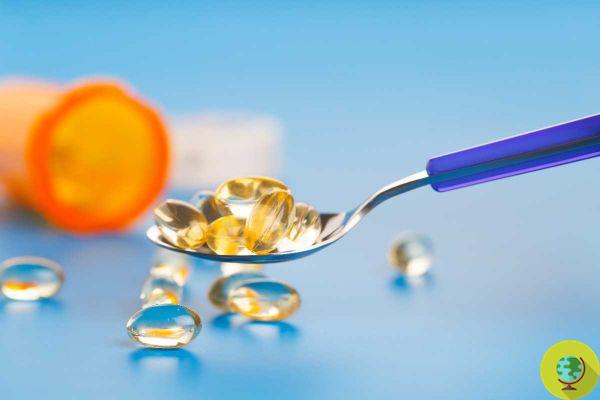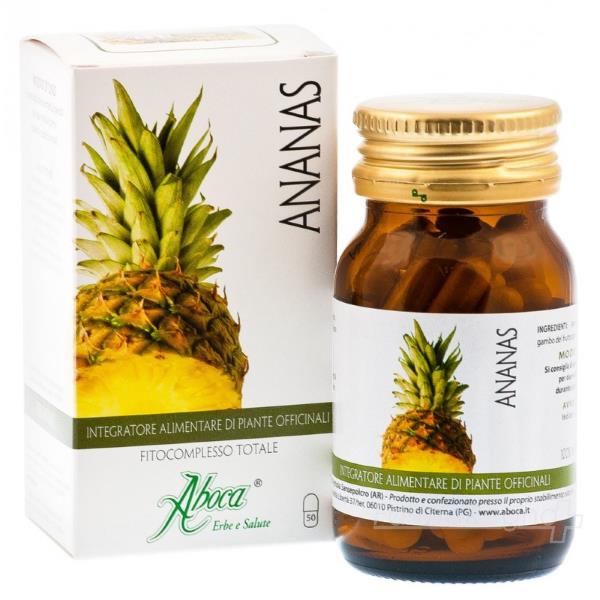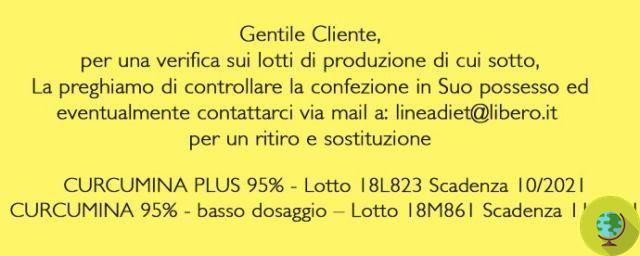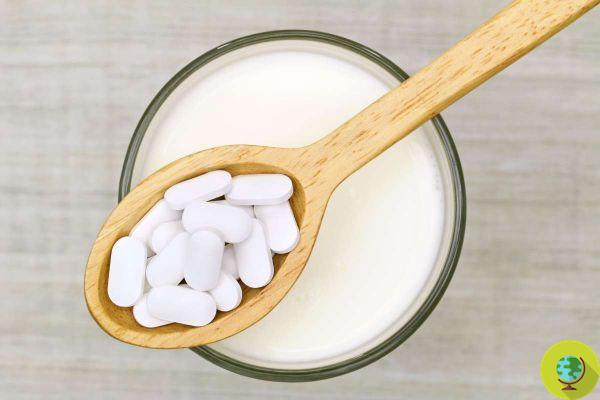
If you don't have a medical condition or are already getting calcium in your diet, calcium supplements are not the safest option.
Don't store avocado like this: it's dangerousThey have repeated it to us since we were children: the football it helps keep our bones healthy and strong and so they made us drink gallons of milk. But is milk really the only food source of calcium? And, above all, if we wanted to take supplements, what are the aspects to take into consideration?
In addition to bones, the heart, muscles, hormones and nerves also need calcium to function properly. While, commonly, calcium intake was associated with the intake of milk and dairy products, nowadays we are witnessing a reversal of the trend by those who argue that, indeed, the calcium coming from milk and dairy products is not easily absorbed by our body and that the digestion of these foods requires a once again calcium subtraction and other alkaline minerals from the bones, due to excessive acidification of the body caused by them.
So better to resort to supplements? Not exactly, because there are a whole series of aspects that must then be put on the scales. On the other hand, there are several foods of plant origin rich in calcium. According to the Scientific Society of Vegetarian Nutrition, the daily calcium intake for adults aged 19 to 50 is usually estimated to be around 1000 mg per day, that become 1200 mg from 51 years on.
Should you resort to supplements?
It depends: according to the Mayo Clinic, supplementation is best suited for people treated with osteoporosis or who are at high risk for calcium deficiency, including postmenopausal women and people who avoid dairy products. But if you don't fall into one of these categories or if you are already getting a good amount of calcium through your diet, calcium tablets may not be the safest option.
It might seem like calcium supplements are an easy way to make sure we're getting enough bone-beneficial nutrients, but they're not a cure-all.
Because? When it comes to football, "getting more" doesn't necessarily mean getting better. According to the National Institutes of Health Office of Dietary Supplements (ODS), the Calcium absorption rate drops dramatically when more than necessary is consumed. What happens to all the extra football?
Research shows that it builds up in the body's tissues (also known as soft tissue calcification), which can create a myriad of health problems including:
- kidney stones
- constipation
- heart problems
That is why, in addition to the daily intake recommendations, calcium also has maximum limits. According to the ODS, adults between the ages of 19 and 50 should not exceed 2.500 milligrams per day and seniors should limit consumption to 2 milligrams.
Additionally, a 2016 report published in the Journal of the American Heart Association suggests a link between calcium supplements and an increased risk of calcium buildup in coronary arteries. A relationship that does not exist, according to the research, when calcium is consumed only through food.
Other studies have linked calcium supplements to an increased risk of colon polyps. While more research is needed to fully understand the risks associated with calcium supplements, it's important to speak with your doctor to see if you actually need an extra boost.
10 plant sources of calcium
What if we wanted to simply integrate football at the table? Here is a series of 10 valid alternatives:
- Sesame seeds
- Chia seeds
- green cabbage and spinach
- flax seed
- Quinoa
- molasses
- oranges
- vegetable
- broccoli
- almonds
- dried figs
Remember that, in any case, to keep the bones healthy, even minimal physical movement is necessary: even light physical activity, in fact, is a cure-all for the whole body and reduces the risk of fractures.
Follow us on Telegram | Instagram | Facebook | TikTok | Youtube
Fonti: Mayo Clinic / National Institutes of Health Office of Dietary Supplements / Journal of American Heart Association
Read also:
- Beware of supplements purchased online: an English investigation reveals that prohibited and dangerous substances circulate on the net
- Supplements to lose weight: what is happening to the Australian population who have abused them
- 5 things you should definitely know before taking any supplements




